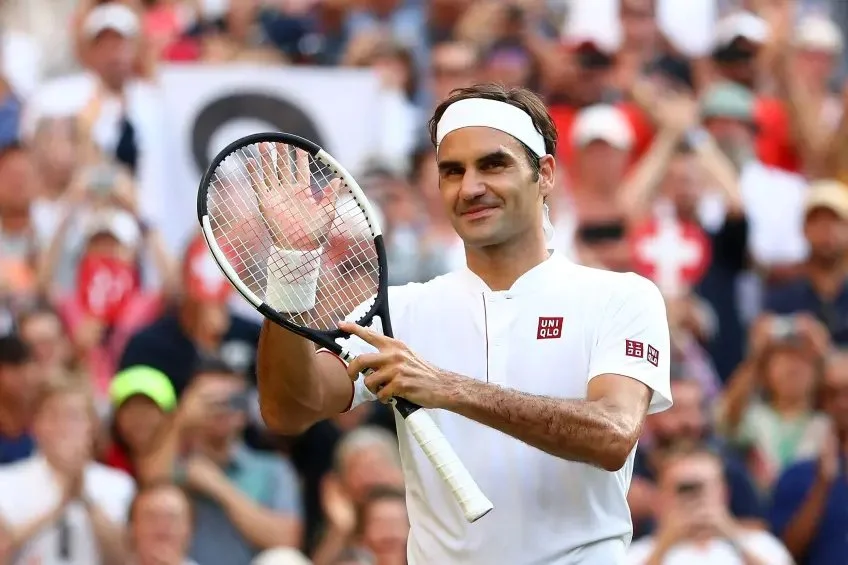In the previous article, I wrote about some high-level ideas for teaching tennis. They touch upon the philosophical aspect of learning tennis. If you haven’t already, you can read about it here. In this post, I would like to share practical coaching advice without getting too granular. I recommend you combine the post on Teaching with Zen and this piece to understand the big picture.
Some teachers and coaches believe they can only shape a student through control and rigor. However, if you observe the best performers (in any field), they play as if they are free. Our job therefore is to help people evolve and become great while feeling good. One cannot be free by feeling guilt for making mistakes. This is why we must understand the greater purpose of teaching and passing on knowledge. Here are some practical tips:
(1) Trust your student. You are a guide who provides knowledge and direction. But you’re not in their head and you don’t feel what they feel. They will get good if you give your students the space to explore and figure things out.
(2) A key ingredient to success is that you and your students communicate effectively. Figure out how to tune in to what they are telling you and how to connect with them, so your message is understood. There are definitions and concepts that make sense to you because you already went through years of training to understand what they mean. However, a student may not know the language that defines the physical component.
(3) Don’t be stubborn with your ways. If something is not working, then start thinking about alternative methods. We say “think outside the box” but there is no box, only the laws of physics, development stages, and the rules of the game.
(4) Progressions are logical. Use them because no one should be expected to accomplish tasks that are far beyond their current abilities. So, if the drill, exercise, or technique is too complex, simplify and build from there.
(5) Progressions also mean moving forward. Once they figured out the simplest components, motivate the student to perform tasks that are a little outside of their comfort zone.
(6) People feel comfortable doing things they are familiar with. But they won’t learn anything new or get better at hitting certain shots if they only stay in their comfort zone.
(7) Hard work is hardly effective if it leads to more pain than benefit. Some students are ready for high-level training but most need to build incrementally. So, watch them carefully and make sure they can handle the assignments you give them without getting injured. The most important thing is that they can feel what they’re doing. Slow and steady is the name of the game.
(8) If your students are children, communicate with the parents as well. Parents need a good tennis education because they are the pillars that support their child’s sport. If your message and the parent’s are different, this will confuse the student. When times get hard, they may choose the easiest way out.
(9) Keep it positive. You can push your students to focus and work better but any negativity will cause inhibitions. The goal is to help your student play without fear or guilt. Freedom is when you can just play, and problem-solve. If you teach your students to feel bad about making mistakes, they will play with fear and avoid taking chances on opportunities they see.






